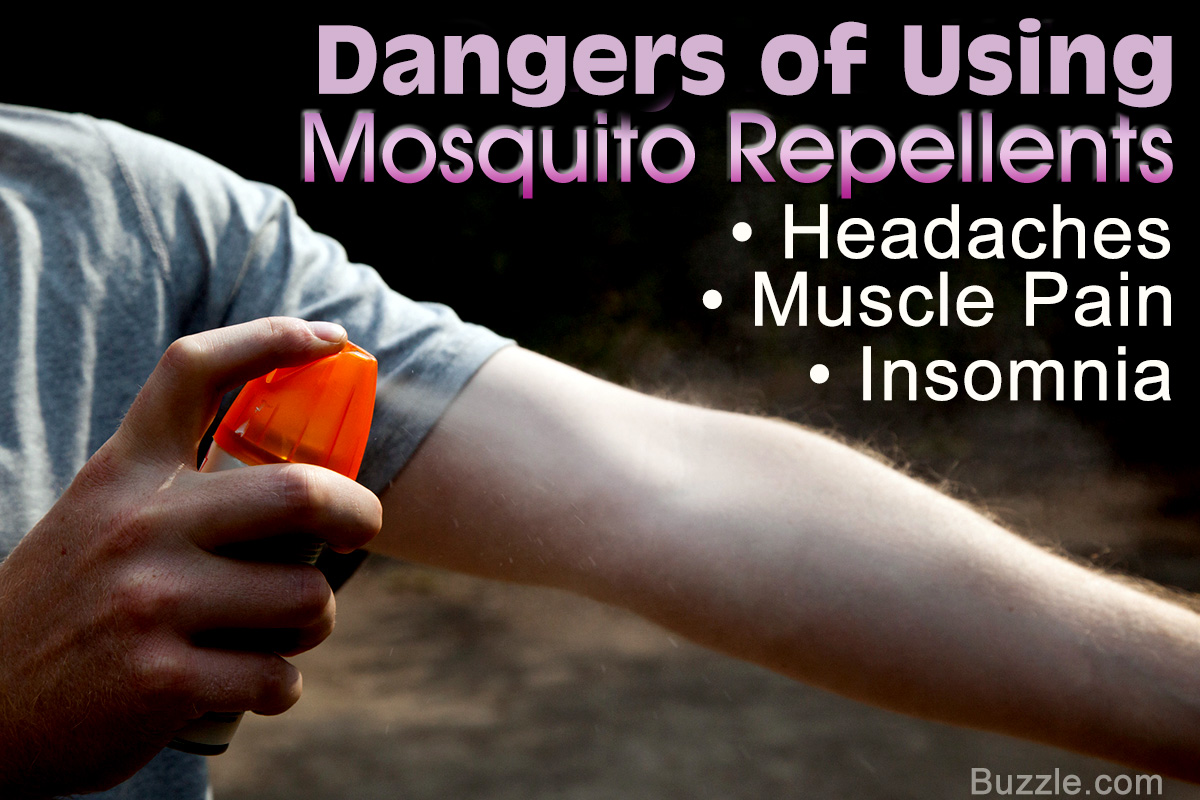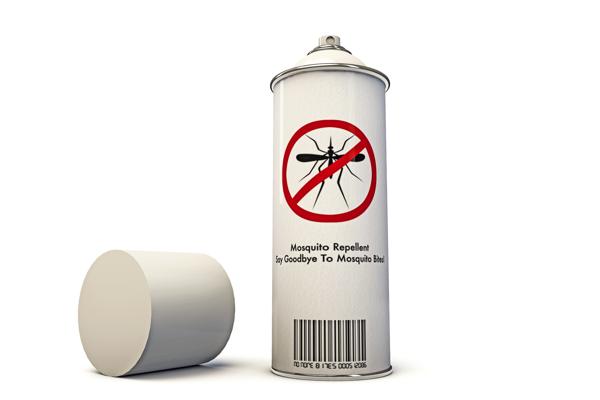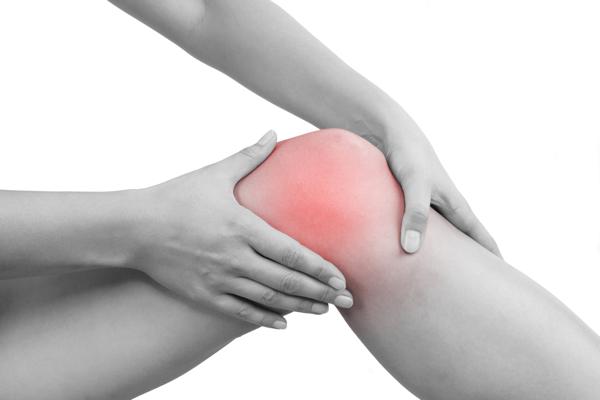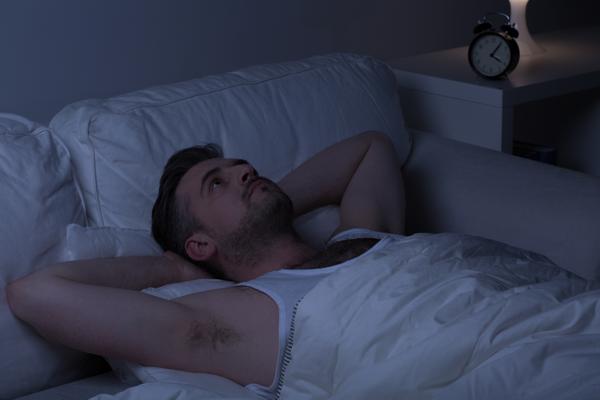
Mosquito repellents are a "boon" for people who are mostly outdoors, or live in places where insect-borne diseases are common. But are they safe? Well, the fact is that they are not completely safe, and may cause side effects in some cases. Here, we shall look into their possible side effects and dangers.
Mosquito repellents can be used in many ways. They can be applied on the skin on areas such as the face, hands, legs and neck. Repellents available in the form of aerosol sprays, can be sprayed on clothes. You can even use repellent sprays on your pets to protect them from insect bites and fleas. And, if you visit a place where insect-borne diseases are prevalent, then it is recommended that you spray a little amount of repellent on your mosquito net as well, just to be extra careful.
What are Mosquito Repellents
Whenever one refers to repellents, we tend to think of mosquitoes only. However, the fact is that repellents are effective against a host of other disease-causing insects, including ticks. The most effective repellents are usually those that contain high levels of DEET, an organic compound. The chemical name of DEET is N,N-diethyl-meta-toluamide and it is a derivative of toluene. Market research shows that over 100 million people use DEET-based insect repellents at least once a year. These repellents are available in the market in many forms, including sprays, lotions and creams. The percentage of DEET in these repellents is mostly around 10-20%, but the repellents used by the U.S. Army personnel, can contain up to 75% of the chemical.
If you are wondering how insect repellents work, then here’s some interesting stuff for you! Mosquitoes and other insects such as ticks and flies, detect you by the smell of carbon dioxide emitted from your body. Now, since DEET is an aromatic compound with a strong odor, it helps mask the odor of carbon dioxide and in the process, makes it impossible for the insects to detect your presence.
Research has proved that repellents can successfully protect you from mosquitoes and other insects, and they are more often used on children. However, this has a flip side: the various side effects that these repellents can cause. Here we shall look into the reported dangers of mosquito repellents.
Dangers of Using Mosquito Repellents
It has been found that topical application of repellents containing DEET, can cause long-term side effects. This is because of the fact that nearly 50% of the chemical penetrates into the deeper layers of the skin and around 15% of it, to the bloodstream. This can adversely affect the skin and prove toxic for the body. Laboratory research conducted on animals, have shown that DEET can cause damage to the brain cells and affect the musculoskeletal system and the internal organs.
In humans, children are the most vulnerable, as their tender skin absorbs substances more readily. In some cases, toxic substances from repellents have been reported to affect the nervous system and even affect the growth rate. Given below are some of the potential health hazards and side effects of using chemical-based mosquito repellents.
● Headaches
● Difficulty in breathing
● Tiredness or fatigue
● Muscle pain
● Pain in the joints
● Inflammation and redness of the skin
● Inflammation of the eyes
● Slurred speech
● Insomnia or sleeplessness
Prolonged exposure can sometimes lead to serious complications, although such cases are very rare. The risks of excessive exposure to insect repellents, are as follows:
- Anxiety disorders
- Mild to severe depression
- Hyperactivity
- Loss of memory
- Tremors and seizures
- Adverse effects on the central nervous system
Now, the question is, “Can we do without insect repellents completely?” Unfortunately, we cannot, since we need to use insect repellents when we are out on trips to the mountains or the countryside or to exotic places where there is a danger of insect-borne diseases. In such situations, insect repellents are our only savior. A good way to avoid the many dangers of chemical repellents, is to go for mosquito repellents made from natural substances such as essential oils. Although these are effective for a short while, they are practically free of side effects. Taking adequate steps to keep mosquitoes in check, such as growing plants that repel mosquitoes, can also help. But for times when you cannot avoid using mosquito repellents, make sure you exercise caution. Look for the correct dosage and how often you should use one. Just follow the recommendations given by the manufacturers of the product, and you shall be safe!








